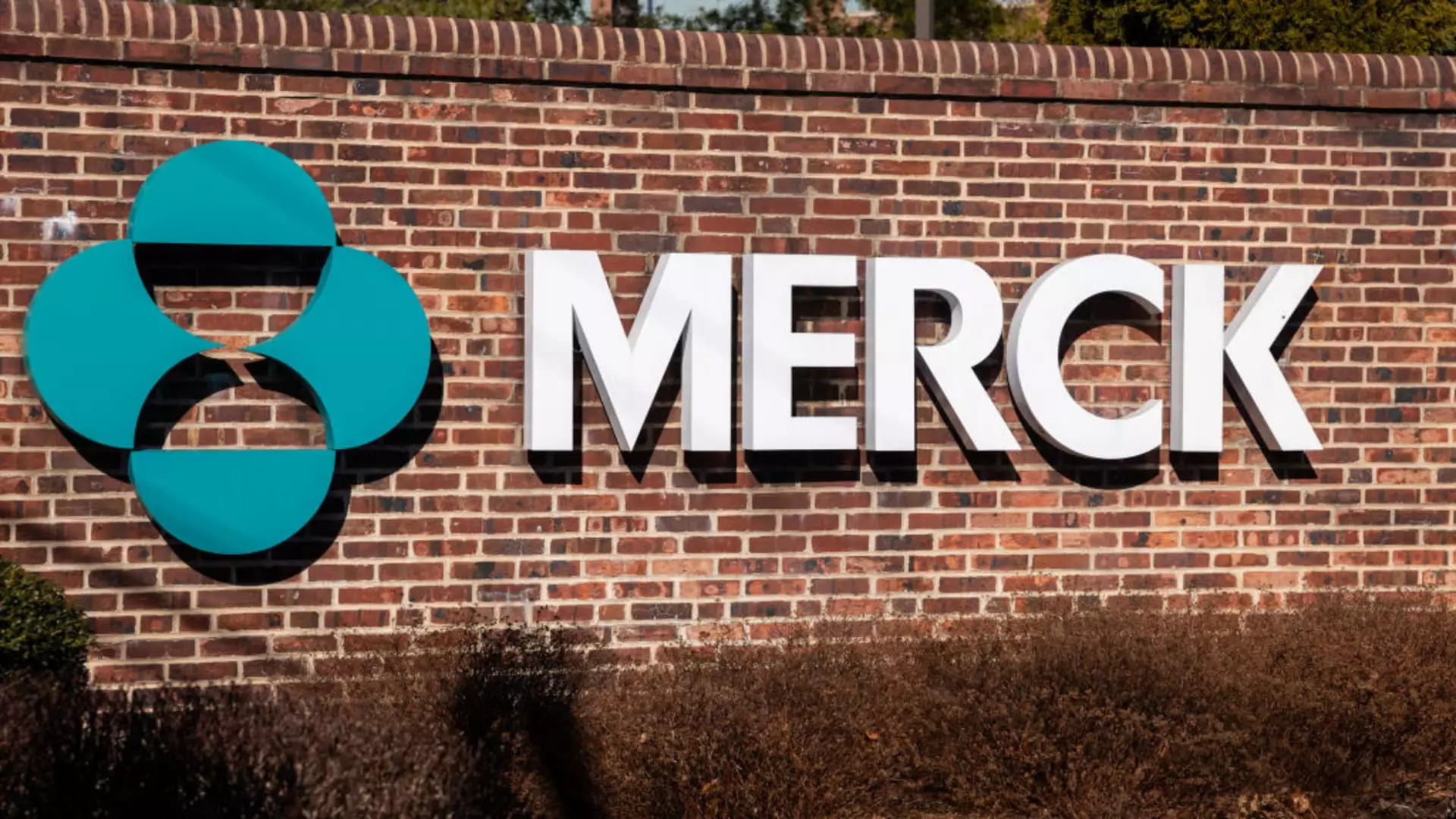In a tantalizing twist for public health, Robert F. Kennedy Jr. recently restructured the Advisory Committee on Immunization Practices (ACIP), a panel that, amid a climate of rising vaccine skepticism, has weighed in on the urgency of Merck’s innovative RSV vaccine, Enflonsia. This high-stakes decision certainly stokes the embers of debate within the medical community and the broader public alike, raising questions not only about safety and efficacy but also about transparency and the motivations of regulatory bodies in an increasingly charged political landscape.
Public health officials and pharmaceutical companies alike breathed a sigh of relief at the panel’s unanimous decision to add Enflonsia to the government’s essential childhood immunizations list. However, the roots of skepticism run deep. Kennedy’s recent overhaul of the ACIP, which incorporated voices from the vaccine-critical faction, has created an atmosphere rife with doubt. Critics, including panel members Retsef Levi and Vicky Pebsworth, have voiced concerns about the safety of Merck’s vaccine, questioning whether it is appropriately vetted for a population as vulnerable as infants. Their dissenting opinions warrant careful consideration, as they illuminate the often-overlooked tension between innovation and caution in medical advancements.
Examining the Efficacy of Enflonsia
The promotional materials surrounding Enflonsia paint a revolutionary picture: a reported 84% reduction in RSV-related hospitalizations and a staggering 90% reduction in cases of lower respiratory infections among infants aged five months and younger. These formidable statistics underscore the potential of Enflonsia during a season typically plagued by respiratory ailments. The drug’s impending competition with counterparts like Sanofi and AstraZeneca’s Beyfortus adds yet another layer of intrigue. While both vaccines operate as monoclonal antibodies, diverging in their methods of targeting the virus, the question remains: is Enflonsia truly the best option available, or could there be unforeseen complications lurking beneath the surface?
As we embrace this new medical frontier, one cannot ignore the sobering reality of RSV’s toll on public health. With hundreds of infant deaths and thousands of hospitalizations each year, the urgency for effective preventative measures is palpable. However, with such sobering figures, it is imperative to maintain vigilance. Are we merely trading one set of risks for another?
The Role of Regulatory Bodies in Vaccine Approval
The FDA’s nod of approval for Enflonsia has sparked a wave of optimism among medical professionals, including voices like Dr. Cody Meissner, who’s officially endorsed its safety and efficacy. Yet, this jubilance prompts further examination of the effectiveness of our regulatory bodies. While there is an argument to be made about swift action in the face of a public health crisis, it raises ethical questions: Are we rushing too fast? And are the checks and balances within the FDA robust enough to assure the American public that safety takes precedence over expediency?
Dr. Jason Goldman, president of the American College of Physicians, echoed sentiments of celebration for this medical breakthrough. Nevertheless, as the public becomes increasingly wary of pharmaceutical entities and government endorsements, the growing chorus of skeptics cannot be ignored. The stakes are too high when the health of our youngest population hangs in the balance, and the responsibility of ensuring safety cannot be relegated to optimism alone.
Trust, Transparency, and the Future of Public Health
Trust in public health institutions is at an all-time low, exacerbated not only by the pandemic but also by the politicization of vaccine discussions. The contentious atmosphere surrounding Kennedy’s recent panel modifications only further complicates this issue. How can parents feel confident in vaccine recommendations when dissent is visible even within the committees that approve them? The ACIP must deeply reflect on its approach to vaccine advisement—it cannot afford to provide a veneer of safety while harboring genuine concerns privately.
Moreover, with vaccines being at the forefront of American health policy, the reliance on consensus-based decision-making among advisors becomes a double-edged sword. It is imperative to ensure that these discussions are not only robust but also transparent, in order that they address apprehensions from all spectrums of the conversation. The challenge lies in striking a balance between innovation in vaccine science and the need for rigorous scrutiny.
As Merck prepares to introduce Enflonsia, we must question not just its immediate impacts, but also the long-term implications of such decisions on public trust and health policy. The road ahead will not be paved with mere optimism; it will require vigilant oversight, transparent dialogue, and an unwavering commitment to the safety of our children.

